The Pros are Mentally Strong
In most cases, a top-500 player can hit the same shot as the world's top-50 player. The difference? Mental strength, particularly when it comes to big points. Even at a local competitive level, a player who is mentally tough can gain a significant advantage over opponents by keeping his or her head clear and strong.
There are entire books devoted to this topic. Most players go wrong by is either thinking about previous points or thinking about future points, which can both frustrate and take a player's mind off the job at hand. Focus and tell yourself to give 100 percent on the current point before it begins. Maintain 100 percent concentration on the present moment and don't let your mind drift.
Another common mental mistake is a player who's winning and then changes his or her game and begins to play completely different once the circumstances of the match change i.e. they are getting close to winning etc. This is a mental obstacle that a player has to learn to deal with.
A great technique for fixing this issue is to lie to yourself and pretend that you are behind in the match rather than ahead.
A Pro has a Game Plan
A tour player understands that each new match brings with it new players and challenges. They don't go into the match blindly, thinking they can play the same style every single match. Sometimes certain changes to a player's game needs to occur.
Pros have the advantage of having loads of statistical data on their opponents that they can analyze with their coach before a match.
More: 4 Tactical Tennis Strategies That Make a Big Difference in Your Game
Unless you've played your opponent before, you'll need to quickly find out your opponent's weakness before a match begins or during the first couple of games of the first set.
Questions to ask include:
- Does this player hit a better forehand or backhand?
- What's the player's strength?
- Does he or she like to move in a certain way, but feel uncomfortable moving in another way to a shot? For instance, does the player like moving laterally side-to-side, but don't like moving forward or back to hit a shot?
- How's your opponent's second serve? How does your opponent react to a slice, or a heavy topspin shot?
By asking these questions you'll be able to better formulate a game plan in order to play your strengths against your opponent's weaknesses.
More: How to Neutralize a Tough Opponent
 Search for your next tennis event.
Search for your next tennis event.
- 2
- of
- 2
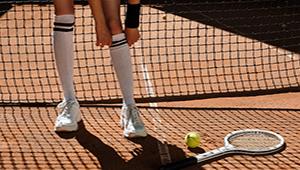
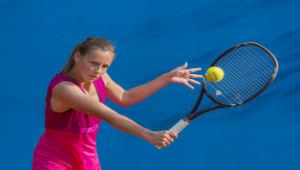
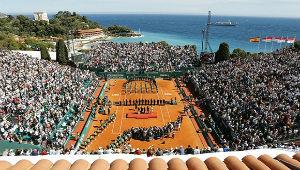
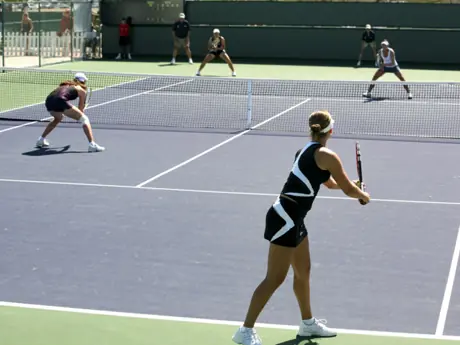
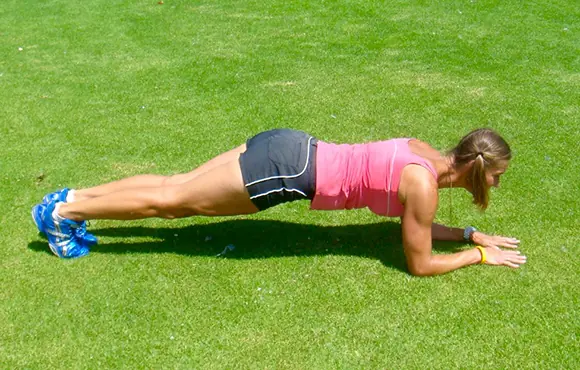
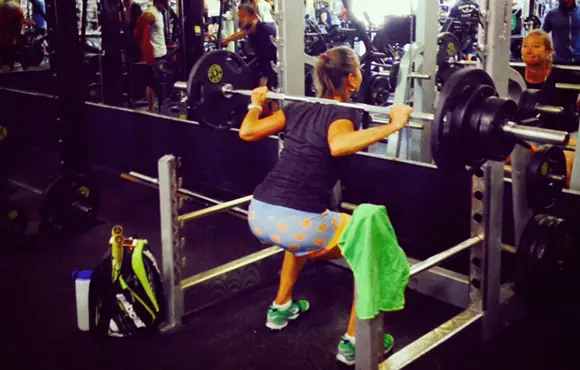

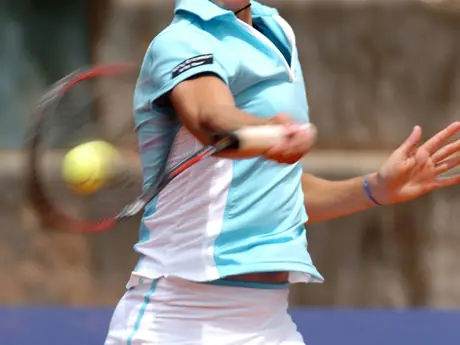
Discuss This Article